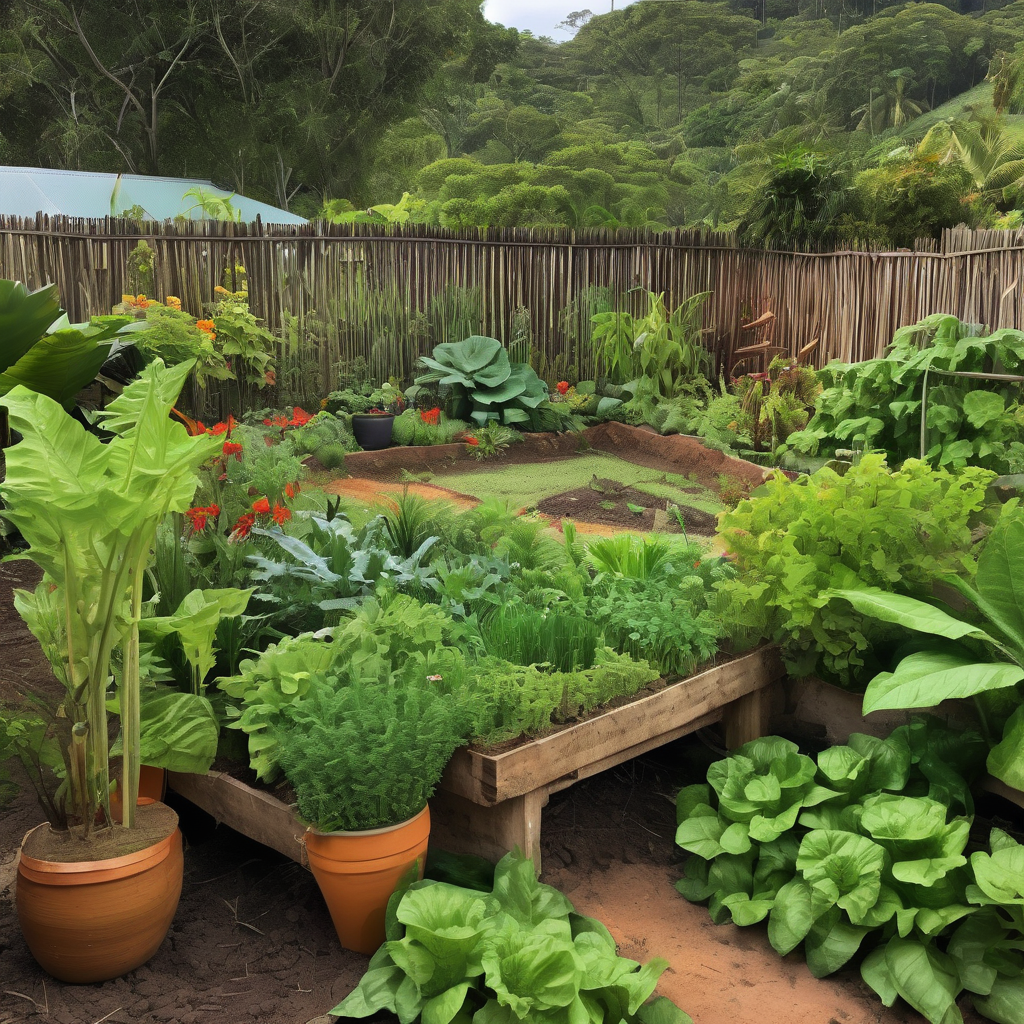Ra Naari Parishad, the Women’s Assembly of Ra in Fiji, is making significant progress in empowering rural women in the drought-affected areas surrounding Ra. This group consists of approximately 40 women of Fijian Indian descent and offers essential skills training, farming assistance, and peer learning opportunities to help its members navigate challenges associated with resource scarcity and climate change.
One prominent example of empowerment within this initiative is Suman Lati, a 49-year-old resident of Nanuku. Like many families in her community, Suman relies on a nearby well for water, which highlights the everyday difficulties faced by women in the region. Through the Ra Naari Parishad and the support of Women’s Fund Fiji, Suman has received training in backyard farming along with seeds and seedlings. This initiative has allowed her to cultivate a small vegetable garden, which not only ensures food security for her family but also provides a steady income. “Not only has it supported our food security, but we have managed to sell some of our produce, supporting us financially,” Suman shares proudly.
The assembly members convene monthly in their office located in Rakiraki Town, eagerly anticipating these gatherings. “For me, the best part is hearing other women’s stories,” says Suman. “It reminds us that we matter too.” Many participants are widows, stay-at-home mothers, or single women who have spent their entire lives in rural Ra. Joining this group has fostered their confidence, imparted new skills, and cultivated a greater sense of community.
As International Rural Women’s Day 2025 approaches, emphasizing themes of empowerment, climate resilience, and economic independence, Ra Naari Parishad emerges as a noteworthy grassroots effort that uplifts women on the front lines of rural life in Fiji.
This grassroots initiative mirrors other successful programs, like those seen in Naqarani, Rewa, where women’s organizations are also making notable progress in community development through the leadership of figures like Adi Asilika Lalawa. Supported by organizations such as the Adventist Development Relief Agency (ADRA), these women have engaged in similar training programs, receiving seeds and essential materials to enhance their agricultural efforts. These collaborations highlight the collective resilience of women across Fiji, fueling a movement toward economic self-sufficiency and sustainability.
The commitment displayed by these women illustrates an inspiring trend where collective action and community support are key to overcoming socio-economic challenges, ultimately fostering a brighter future for rural women in Fiji.
